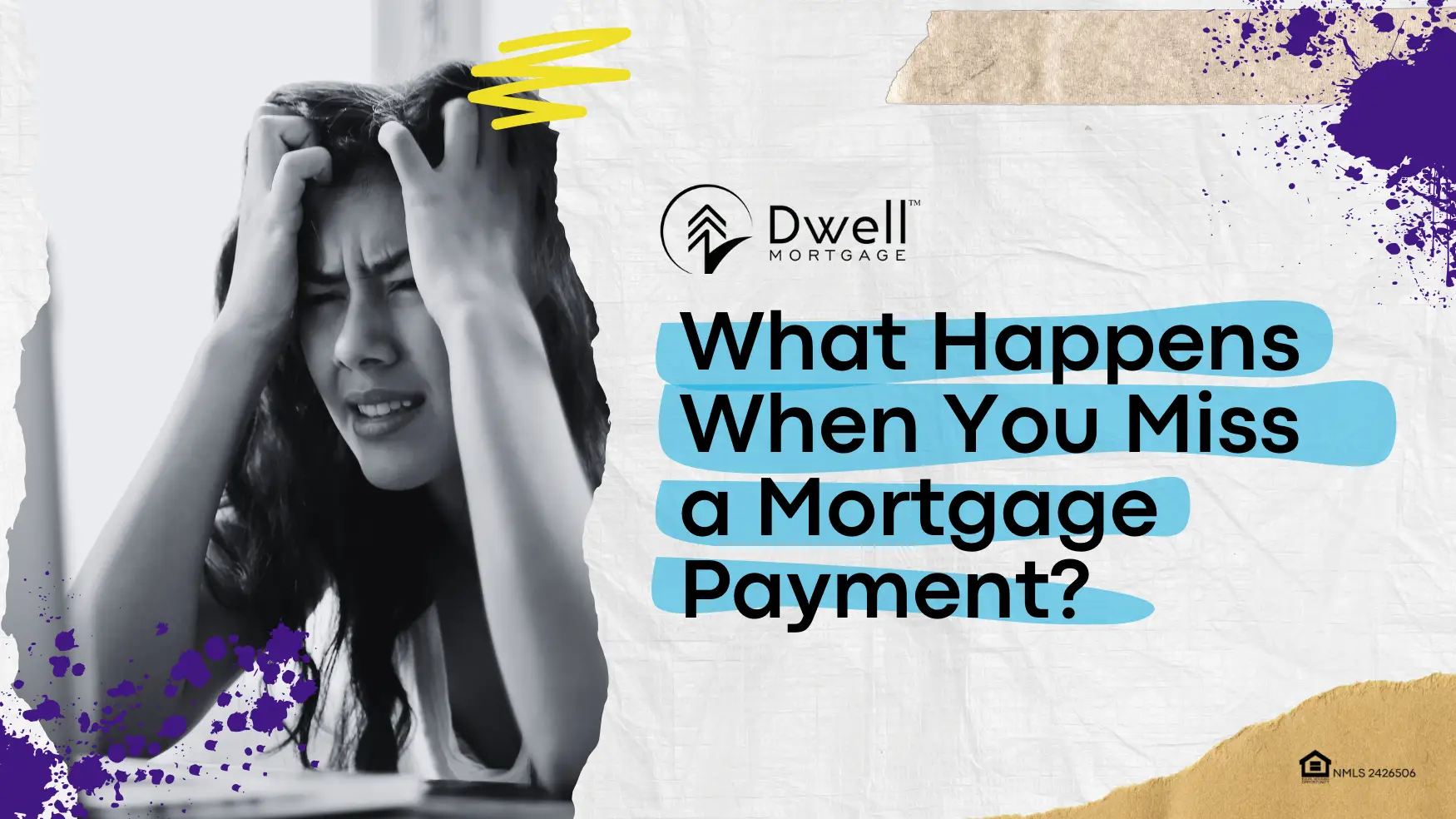If you’re a homeowner with a mortgage, chances are you’ve already heard about refinancing.
And if you’ve been keeping an eye on those mortgage rates lately, you might be wondering, “Is it time for me to refinance?”
But when is it actually a good idea?
Refinancing means replacing your current mortgage with a new one, usually to get better terms. While it can save you money, timing is crucial.
Refinance at the right moment and you could see significant benefits; get the timing wrong, and you might miss out on those advantages.
To help you make this important decision, we’ve identified 5 key indicators that suggest it might be time to consider refinancing. So, grab a cup of coffee (or tea, if that’s more your style) and let’s see if refinancing is the right move for you.
Before we dive into the indicators, let’s quickly look at where we stand in the mortgage market.
Current State of Mortgage Rates and Market Trends
As of October 2024, mortgage rates have been trending upward compared to previous years. The average 30-year fixed mortgage rate currently sits at around 6.53%, according to Mortgage News Daily. This is significantly higher than the 6.26% we saw at the same time a week before.
The housing market has also seen some interesting shifts. Home prices have increased by approximately 3.9% nationwide over the past year, with some regions experiencing even more dramatic changes.
These trends can significantly impact your refinancing decision.
Lower rates could mean substantial savings, while higher home values might have increased your equity, potentially improving your refinancing options.
Remember, though, that the mortgage market can be as changeable as the weather. While these trends give us a general idea, your specific situation—and what’s happening in your local market—will play a crucial role in your decision.
5 Key Indicators It’s Time to Refinance
1. Interest Rates Have Dropped Significantly
The most obvious sign to consider refinancing is when interest rates drop significantly. Here’s what you need to know:
- Aim for at least a 0.75 to 1 percentage point reduction in your rate.
- Calculate your break-even point: Total refinancing costs ÷ Monthly savings = Months to break even.
- If you plan to stay in your home longer than the break-even time, refinancing could be beneficial.
Example: If refinancing costs $5,000 and saves you $200 monthly, your break-even point is 25 months. Refinancing makes sense if you’ll stay in your home longer than this.
Remember, while rate drops are important, they’re just one piece of the puzzle. Let’s look at the other factors to consider.
2. Your Credit Score Has Improved
A better credit score can unlock more favorable refinancing terms. Here’s what to keep in mind:
- Most lenders consider scores above 700 to be good, with the best rates typically reserved for scores over 760.
- If your score has significantly improved since you got your original mortgage, you might qualify for a lower rate.
- Even a small rate reduction can lead to substantial savings over the life of your loan.
Quick tip: Before applying to refinance, check your credit report for errors and address any issues to maximize your score.
Remember, your credit score is just one factor lenders consider. Income, debt-to-income ratio, and home equity also play crucial roles in refinancing decisions.
3. You’ve Built Substantial Home Equity
Home equity is your secret weapon in the refinancing game. Here’s why it matters:
- Equity is the difference between your home’s current value and what you owe on your mortgage.
- Lenders typically look for at least 20% equity for the best refinancing terms.
- More equity can lead to better rates and eliminate the need for private mortgage insurance (PMI).
Fun fact: You might have more equity than you think! Rising home values in many areas have boosted homeowners’ equity without them lifting a finger.
If you’re not quite at 20% equity, don’t worry. You might still have options, especially if you’ve improved in other areas like your credit score or income.
4. Your Financial Situation Has Changed
Whether it’s a job promotion, starting a family, or even dealing with unexpected expenses, changes in your financial situation could make refinancing a smart move. Here’s what to consider:
- Income Changes: If you’ve seen a significant increase in your income, refinancing could help you take advantage of better terms. On the other hand, if your income has decreased, refinancing might help you lower your monthly payments and give you more breathing room financially.
- Major Life Events: Got married? Started a family? Maybe you’re adjusting to a new job or even navigating a divorce. These life changes usually prompt homeowners to reevaluate their mortgage situation. Refinancing can be a way to adjust your loan to better fit your new financial reality.
- Adjusting Your Financial Goals: Maybe you’re now focused on saving more or paying off debt faster. Refinancing can help align your mortgage with your current goals—whether that’s lowering your payments or paying off your loan quicker.
Your financial situation is personal, and so are your refinancing options.
Be sure to talk through these details with a trusted advisor to make sure you’re making the best choice for you and your family.
5. You Want to Change Your Loan Terms
Sometimes, it’s not just about lowering your interest rate—changing the structure of your loan can also be a big motivator for refinancing. Let’s look at a few scenarios where this might be the right move:
- Switching from Adjustable-Rate to Fixed-Rate (or vice versa): If you have an adjustable-rate mortgage (ARM) and you’re worried about rising interest rates, refinancing into a fixed-rate mortgage can lock in a stable payment for the life of your loan. On the flip side, if you plan to sell your home in the near future, switching to an ARM could lower your payments in the short term.
- Shortening or Extending Your Loan Term: If you want to pay off your mortgage faster, refinancing from a 30-year loan to a 15-year loan can help you do just that. While your monthly payments will likely increase, you’ll save a lot on interest over the long run. On the other hand, if you need to lower your monthly payment, extending your loan term back to 30 years could be a more manageable option.
Your loan terms should reflect your current financial priorities.
Whether you’re looking for stability, shorter payments, or more flexibility, refinancing gives you the option to reshape your mortgage to fit your goals.
Additional Factors to Consider
Before jumping into refinancing, there are a few other important factors to keep in mind. While the five indicators we’ve discussed are essential, these additional considerations could impact your decision:
- Closing Costs and Fees: Refinancing isn’t free—there are costs involved. Closing costs typically range from 2% to 5% of your loan amount. Make sure to calculate whether the savings from refinancing will outweigh these upfront costs in the long term. The break-even point is a great tool here—if you’ll save more over time than you’re paying upfront, refinancing could be worth it.
- How Long You Plan to Stay in Your Home: Are you planning on staying in your home for the foreseeable future, or are you thinking about selling soon? Refinancing makes more sense if you plan to stay put long enough to recoup the costs. If you’re thinking about moving within the next few years, the upfront costs might outweigh the benefits.
- Current Home Value: Has your home’s value appreciated since you first bought it? A higher home value could mean you have more equity, which might unlock better refinancing terms. On the other hand, if your home’s value has decreased, it could limit your refinancing options.
- Potential Tax Implications: Some refinance scenarios, like cash-out refinances, could have tax implications. Consulting with a tax professional can help you understand how refinancing might impact your tax situation.
With these factors in mind, you’ll have a clearer picture of whether refinancing is right for you.
Conclusion:
Refinancing your mortgage can be a smart financial move, but it’s not a one-size-fits-all solution. It’s all about timing and making sure the benefits align with your current financial situation and goals.
Evaluate your unique situation based on the factors we’ve talked about, and if you’re unsure, get in touch.
Our team of experienced loan officers is ready to help you evaluate your situation, answer your questions, and guide you through the process to ensure you make the best decision for your needs.
Visit our team page to connect with a loan officer near you. We’re proud to serve homeowners across WA, OR, CA, ID, UT, AZ, CO, TX, & FL. Let’s make refinancing work for you!






